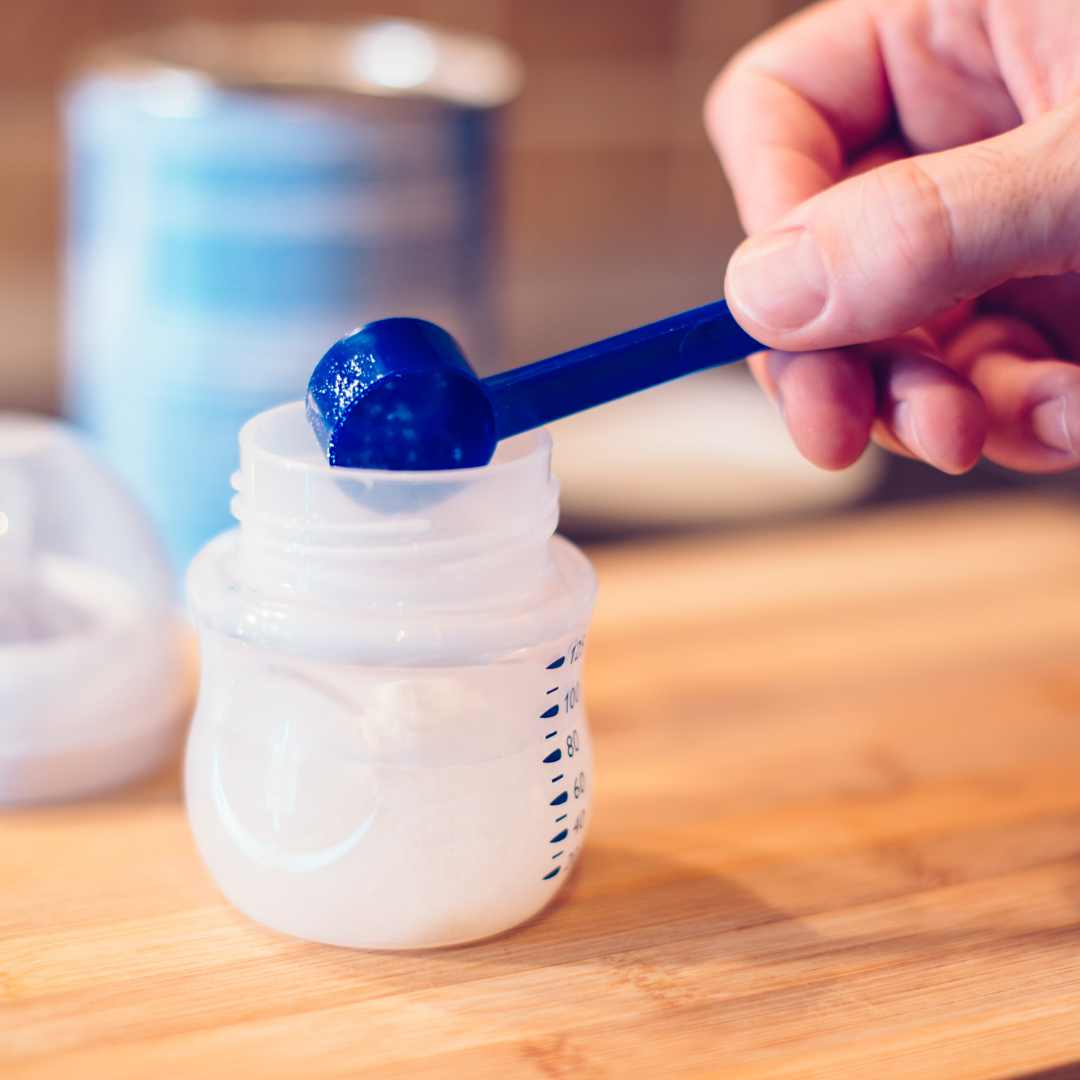Best Ways To Introduce Formula To Your Baby
Many parents are afraid to introduce formula to their babies at first because of the unknown. However, there is a way to make the switch as seamless as possible for both you and your baby.
Formula is a type of milk that is given to a baby when they need something different than breast milk. It contains nutrients that can help them grow healthily and grow faster than if they were just breastfeeding on their mother’s milk for an extended period. There are different kinds in the market, so check gentlease formula review (or the brand you choose) for your baby’s well-being.
There are many ways you can introduce formula to your baby, but below are some tips that we have found helpful:
How to Introduce Formula Milk To Your Baby
Formula milk is the perfect way for parents to supplement breastfeeding if this is not happening. Formula milk provides parents with a healthy, food-based option for their child that supports their development and can be digested easily into the body.
If your little one is struggling to digest cow’s milk or you are struggling to breastfeed, then it might be time to introduce formula milk. There are various formulas available on the market today, and you can choose one based on your preferred brand. It may be better to pick formulas that are pediatrician-approved, given that adulteration with such products is on the rise. You may be surprised to learn that some formulas are even linked to serious health issues, including gastrointestinal issues, allergies, and developmental concerns.
In some cases, these problems have even led to law suits, with parents seeking justice and compensation for their children’s suffering. A recent example can be this nec lawsuit payout, which highlights the potential risks associated with certain baby formulas that have been linked to necrotizing enterocolitis (NEC), a severe intestinal condition. These cases showcases the importance of being cautious and well-informed when selecting a formula for your baby, ensuring that it meets high safety and nutritional standards. Always consult your pediatrician and consider researching the risks and benefits before making a decision.
Use the Right Amount of Formula For Your Baby’s Age
Formula is a tricky subject and can be difficult to know what to use. This article will discuss the different age groups that have different formulas and offer advice on how much formula you should feed your baby.
The most important thing for a new mom is to make sure that your baby gets the right amount of formula for their age. Formula is not a one-size-fits-all type of product, and it varies depending on what age the child is. There are different formulas for babies, toddlers, preschoolers, and school-aged kids.
Formula can be tricky to use because it’s based on weight rather than age. If you’re having trouble figuring out how much formula your baby needs, you might want to do some research online or ask your paediatrician from oahu pediatrics (or wherever you live) about the best way to give formula to your baby.
Introduce Your Newborn’s Diet Slowly and Gradually
Feeding your newborn formula milk is the most important step in their first year of life. This article will help you to introduce your baby’s formula milk slowly and gradually.
Some babies might be allergic to cow’s milk, and you should know how to identify and treat them. If not, the first signs that they are allergic may be an itchy rash or a runny nose that gets worse when they are exposed to cow’s milk.
You will need some basic tools for the process of introducing your baby’s diet, such as a blender, a bottle warmer, and other items that can help with mixing the right amount of water and formula into their food.
Be Consistent; Don’t Keep Changing Their Diet
Breast milk is the best food for your baby, but the formula is a great substitute when breastfeeding isn’t an option.
When introducing formula to your baby, it’s important to be consistent in their diet. If you have tried other types of formula and they are allergic to one of them, stick with that type.
Every time your baby drinks breast milk, they will make antibodies that will protect them from harmful bacteria or viruses. They will also build up immunity against certain diseases and illnesses. If they switch from breast milk to formula, this immunity can be reduced or eliminated, putting them at risk for new diseases or illnesses.
Continue Breastfeeding as Long as Possible
Breastfeeding is a way that mothers can provide their babies with the nutrients and antibodies they need. It helps them build stronger immune systems and prevents some diseases. The World Health Organization recommend exclusive breastfeeding for six months and continued breast milk feeding up to two years or more.
Conclusion:
New moms are often overwhelmed with the complexities of introducing formula to their babies. This article gives some useful tips for new moms who want to ease the transition into baby food.
One of the most common misconceptions about introducing formula to your baby is that feeding on a bottle will cause your baby to lose weight. However, this is not true, and it can actually lead to weight gain if you don’t give your baby enough milk during breastfeeding.
New moms should also be aware that too much sugar in the diet can lead to tooth decay in their child, and excess salt intake can lead to high blood pressure in their child. As a result, mothers need low-sugar, low-salt, and low-protein foods that are easily digestible for their children when they start on solid food.


